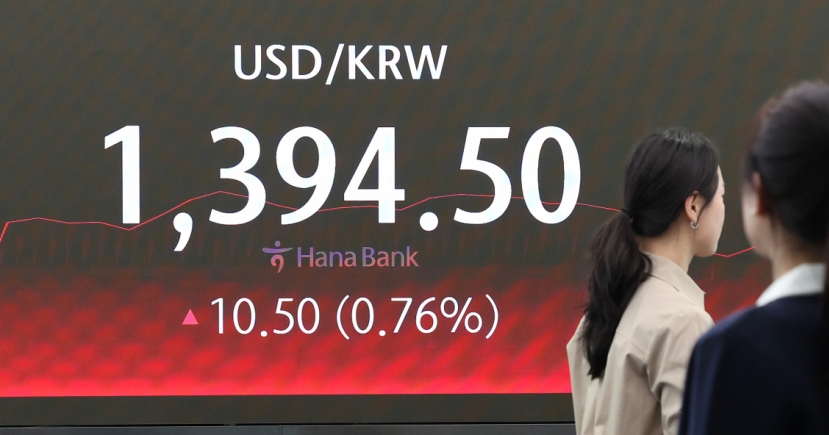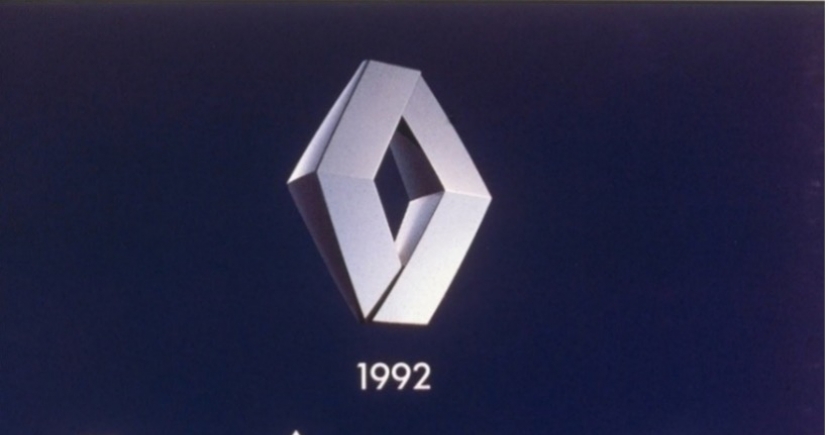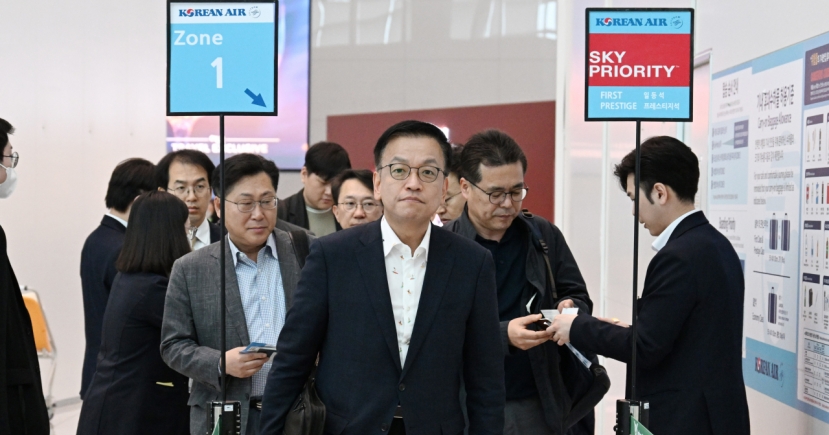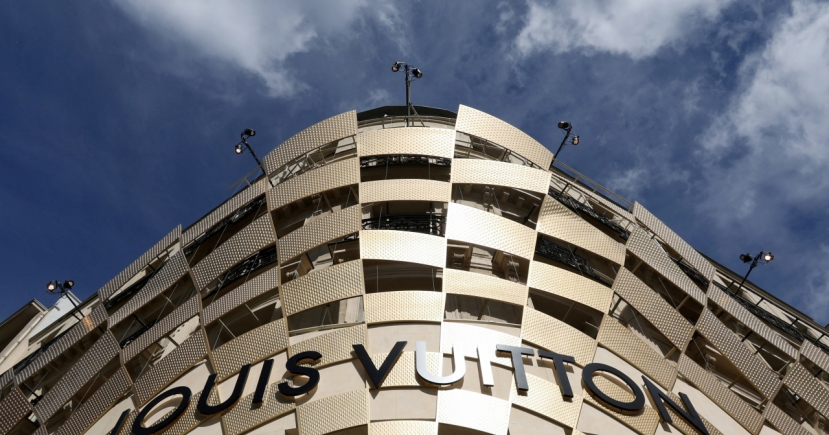Automobiles
China’s BAIC to compete with Hyundai in EV market
[THE INVESTOR] Chinese state-owned automaker BAIC Group is preparing to enter the Korean market with an electric bus this year in direct competition with Hyundai Motor .
Beijing Motor Korea, the local importer of the Chinese auto giant, on July 17 said it has formed an agreement with local automotive engineering firm DPECO and BAIC International Development, a wholly owned subsidiary of BAIC that handles exports, to launch electric commercial vehicles in the country.
“BAIC has been developing EVs since 2009, much faster than our competitors,” Beijing Motor Korea CEO James Ko told The Investor. “In Korea, we are planning to mainly sell electric cars because there are already great options for fuel cars here. Our EVs, with affordable price tags and outstanding technology, will offer a great variety for Korean customers.”
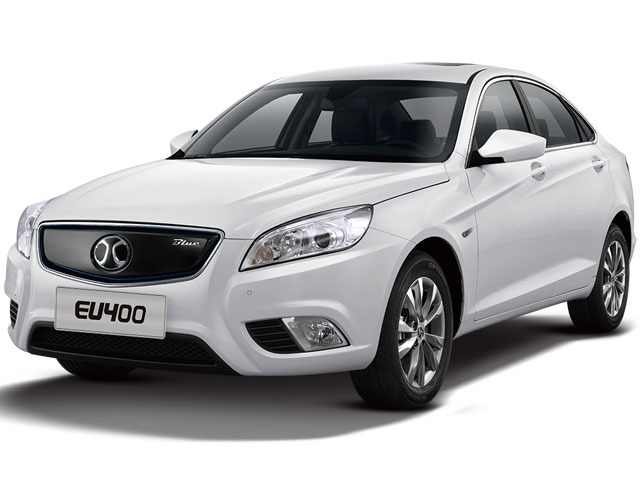 |
EU400 sedan |
The entry of China’s fourth-largest automotive group is expected to heat up competition here. While BAIC is Korean auto giant Hyundai’s local partner in the Chinese market, it will compete directly in Korea as Hyundai will launch its electric bus Elec-City next year, as well as an EV with a range that stretches up to 390 kilometers.
According to Ko, Beijing Motor Korea plans to roll out a 8.5-meter-long electric bus, currently undergoing certification, before the year-end. It will also unveil two 1-ton electric trucks next year, in addition to the EU400 sedan -- which boasts a 380-kilometer range on a single charge -- a two-seater Arcfox1 and an SUV, identified as the “X model.” The exact prices have not been finalized, but the sedan and the SUV are expected to range between 20 million won (US$17,775) to 30 million won.
As a partner, DPECO will be responsible for legal and certification issues, as well as modifying the vehicles to meet Korean standards. It will also work with the Korea Electric Vehicle Fusion Cooperative to set up charging infrastructure in the country.
By Ahn Sung-mi (sahn@heraldcorp.com)


